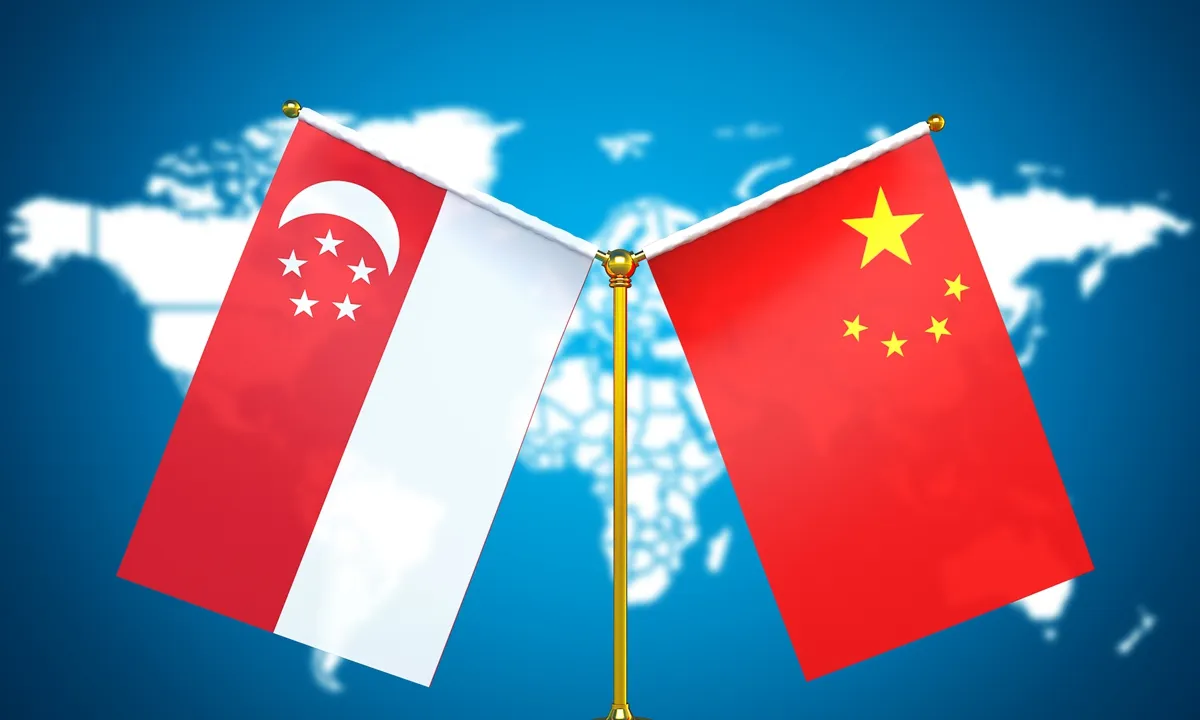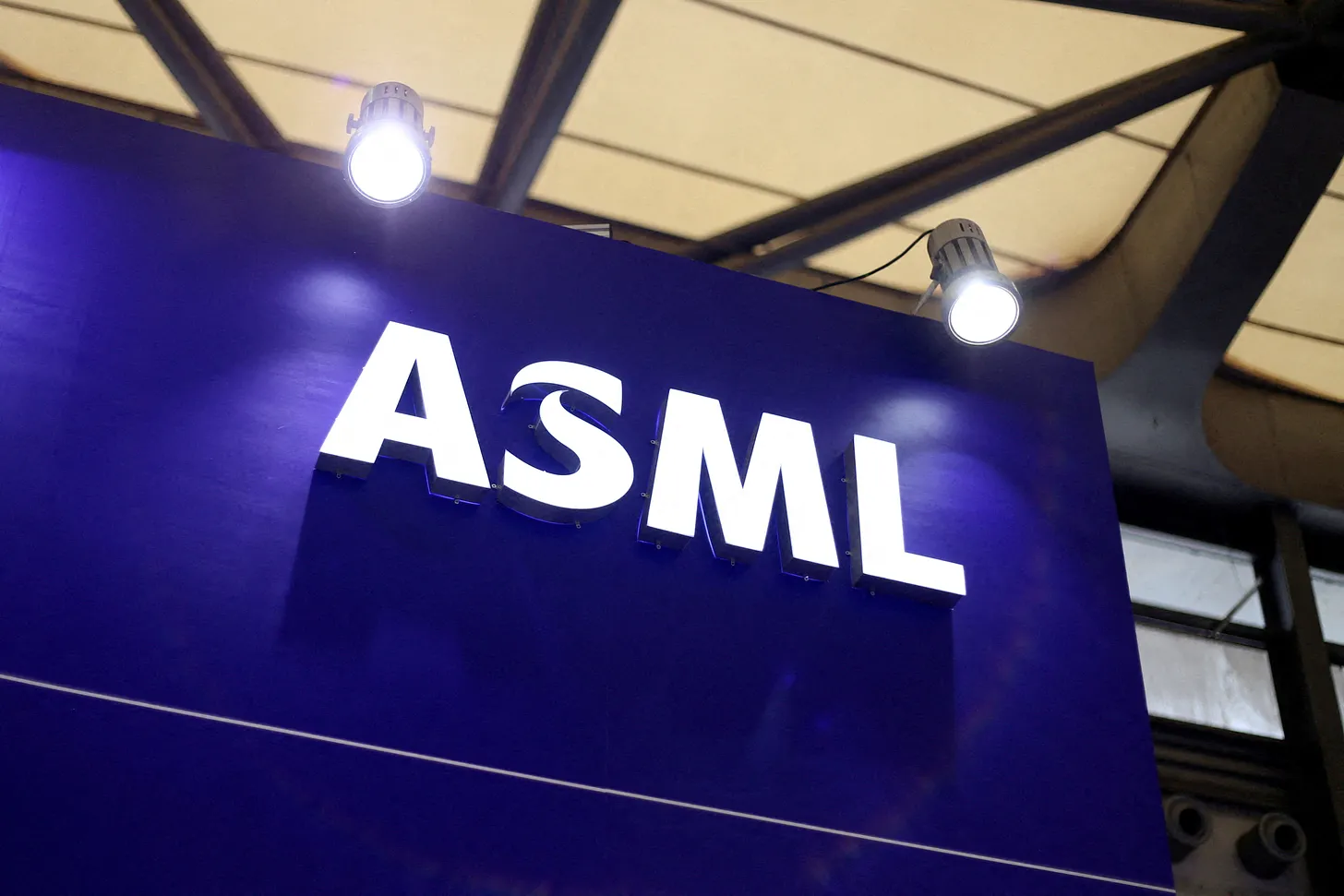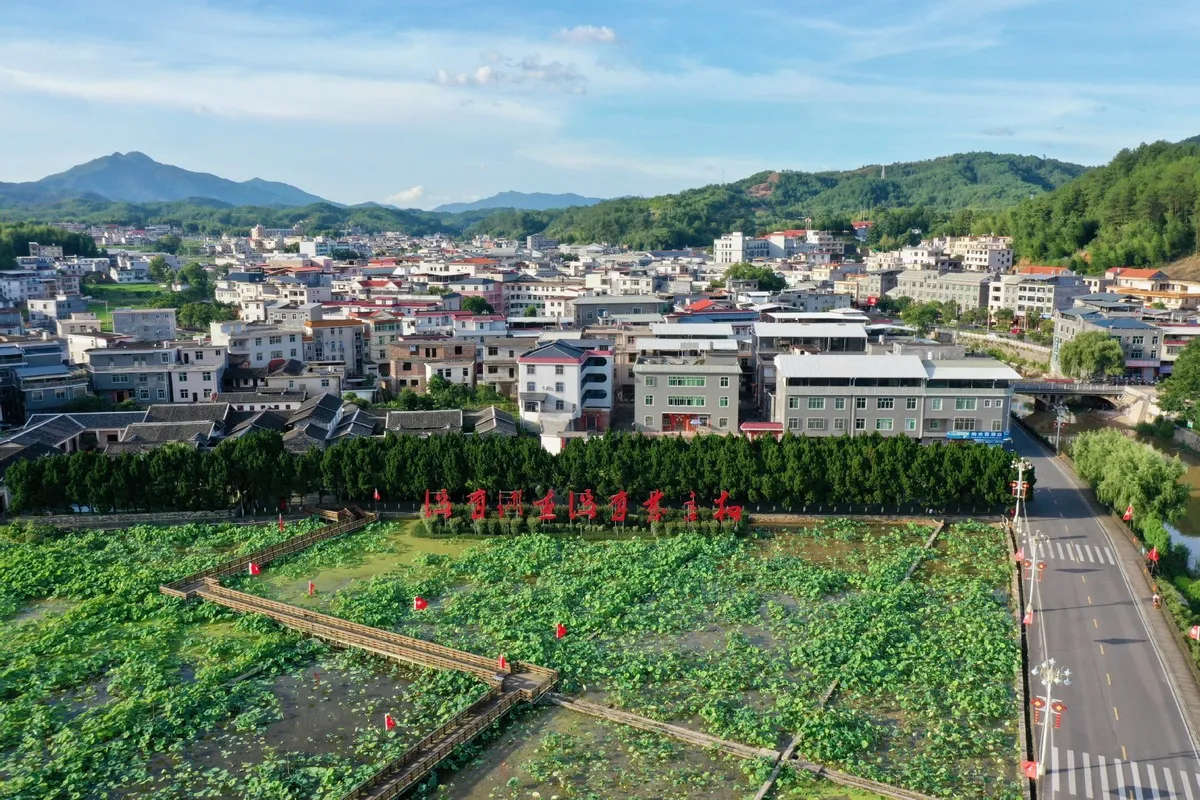30-day Visa-free Travel between Singapore and China Starts on Feb 9
30-day Visa-free Travel between Singapore and China Starts on Feb 9

On January 25th, the Immigration and Checkpoints Authority of Singapore issued a statement stating that China and Singapore will mutually exempt visas starting from February 9th (Chinese New Year’s Eve). Individuals holding ordinary passports from both sides will be exempted from visas for tourism, family visits, business, and other personal matters, with a stay not exceeding 30 days. For activities such as work, news reporting, and stays exceeding 30 days, which require prior approval in the destination country, the corresponding visa must be obtained before entering the country.
The Singapore Embassy in China posted on Facebook, stating that the 30-day visa-free agreement between the two sides will provide “greater convenience to citizens of Singapore and China traveling to each other’s country for business and leisure” and this “will also strengthen our people-to-people ties, promote mutual understanding, and bring about greater economic opportunities for Singapore and Singaporeans. ” Chinese Foreign Ministry spokesperson Wang Wenbin stated on the 25th that the implementation of the China-Singapore visa exemption agreement before the Chinese Lunar New Year of the Dragon undoubtedly presents a New Year’s gift to the people of both countries. It will undoubtedly further promote cultural exchanges between China and Singapore and continuously advance the development of China-Singapore relations and cooperation in various fields.
China Rises to Become ASML’s Second-Largest Market

January 24, local time in the Netherlands, Dutch lithography system manufacturer ASML released its financial report, showing that China has become the company’s second-largest market. The financial report reveals that ASML’s net sales reached 27.6 billion euros in 2023, marking a 30% increase year-over-year. ASML’s growth last year was due to strong demand from China. China replaced South Korea as the second-largest market last year, accounting for 29% of ASML’s lithography system sales, exceeding 6.4 billion euros.
ASML’s Chief Financial Officer, Roger Dassen, anticipates that with the latest export control regulations issued by the Netherlands and the United States taking effect, ASML will not obtain export licenses in 2024 to ship NXT:2000i and higher immersion equipment to China. Additionally, individual advanced Chinese chip manufacturing foundries will be unable to obtain licenses to ship NXT:1970i and NXT:1980i immersion equipment. The 2024 export controls are expected to affect 10% to 15% of sales in the Chinese market. This is the first time ASML has publicly acknowledged that US regulations will directly restrict the company’s exports of the lower-end immersion DUV lithography machine NXT:1970i to China, a product that does not fall within the range of Dutch licensing requirements.
China Reports Narrowing Income Gap and Steady Growth in Social Security

The recently published “China Development Report 2023” by the Development Research Center of the State Council indicates an improvement in China’s income distribution relations. The growth in residents’ incomes is broadly in step with economic growth, and the income gap between urban and rural areas, as well as among different regions, has narrowed. Income growth for key groups such as the population lifted out of poverty and migrant workers has been steady.
Kang Yi, Head of the National Bureau of Statistics, stated that in 2023, the income gap between urban and rural residents continued to narrow. Data from the National Bureau of Statistics show that the per capita disposable income of urban and rural residents was 51,821 yuan and 21,691 yuan respectively, with the income gap reduced to 2.39 times, down by 0.06 from 2022. The growth in residents’ income and consumption in 2023 still belongs to restorative growth. The foundation for the growth of residents’ income still needs to be consolidated, and consumer confidence has yet to be improved.
The report believes that there are still some shortcomings in our country’s social security system, such as the equity and sustainability of the basic pension insurance which are still insufficient. There is a need to accelerate the improvement of the social security system, securing and enhancing the level of protection while ensuring and tightening the basic livelihood safety net.
